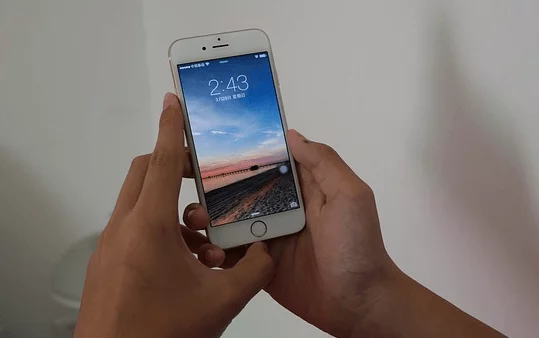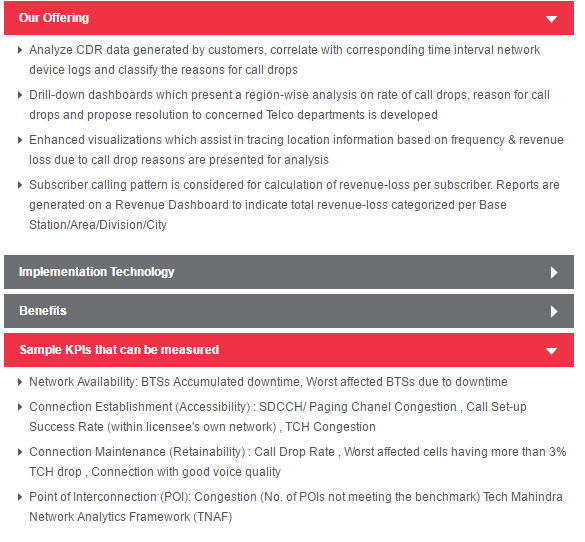Earlier today, the apex court ruled in favour of telcos where it struck down TRAI's directive which might have lead telcos pay Rs. 1 for every call drop, subject to a maximum of Rs. 3 per day.

As expected, telcos are elated with this court decision especially since a negative judgement would have put a strain on their finances. This judgement even helped telco stocks recover their initial losses.
Industry associations COAI and AUSPI have welcomed the judgement -
While the telecom industry waits to receive and understand the final contours of the judgement, the telecom industry, which serves over One billion Indians through its networks through affordable mobile services, remains committed and completely aligned with the TRAI's concern to ensure customers enjoy the best experience on our networks. To this end we are committed to working with TRAI on focusing on the core issues that impede the delivery of quality of service such as availability of affordable spectrum and timely permissions for locating our cell towers.
Ordinary consumers are disappointed with today's outcome and are fearing that this judgement would turn out to be an incentive for telcos not to act on call drop complaints. It must be remembered that the telecom minister had taken cognizance of growing call drops problem and was very vocal about bringing telcos to book. This mounting pressure had resulted in the establishment of a large number of cell towers. COAI puts the number as "more than 2 Lakh sites being installed in last 15 months for 2G and 3G services across the country since Jan 1, 2015". Minister Ravi Shankar Prasad has stated that the Government would work towards persuading the operators to provide quality service.
Our Take
As we have always stated, a compensation policy, even if approved has to remain a stop gap arrangement. A major worry for telcos were the folks who might tend to misuse the system by falsifying call drops. Let's keep such negatives aside and count only genuine conversations. Even today, when I was answering questions on a leading TV Channel live on this judgement, the call dropped before I could answer one important question. Neither I nor anyone would be happy with a rupee's compensation wherein we have to talk about an important issue in that limited timeframe. Likewise, any amount compensation can't make up for lost goodwill.
Telcos must make honest efforts to strengthen and optimise their networks plus invest in technology to help citizens report call-drops with locations. This approach, in turn, would only benefit telcos as that results in happy customers. Happy customers equal more revenues and port-in requests instead of port-out.
Analytics
- A tiny app for consumers which can be used to submit time and signal strength values at which a call got disconnected (the app can collect data at regular intervals for all calls but submit only if a consumer thinks the call has dropped).
- At the telcos end, these submissions can be verified with modern analytics solutions like the one Tech Mahindra offers here -
What do you think about this Supreme Court ruling? What do you think telcos, TRAI, and the Indian Government should be doing to ensure #NoCallDrops?
















